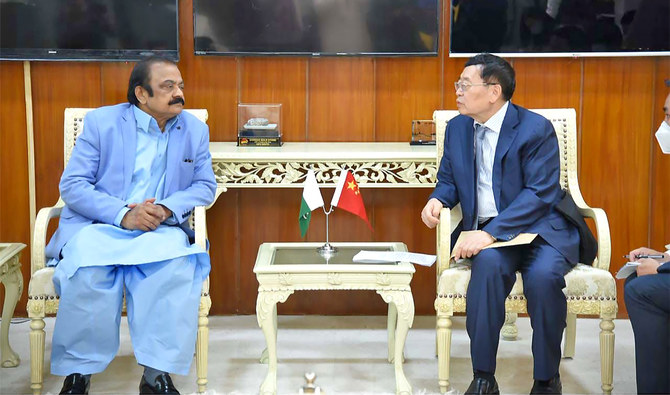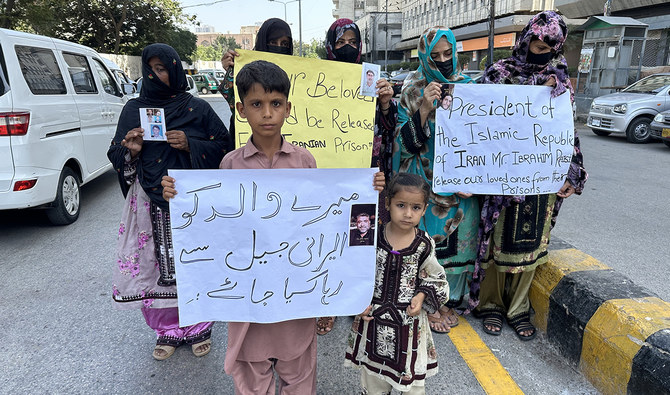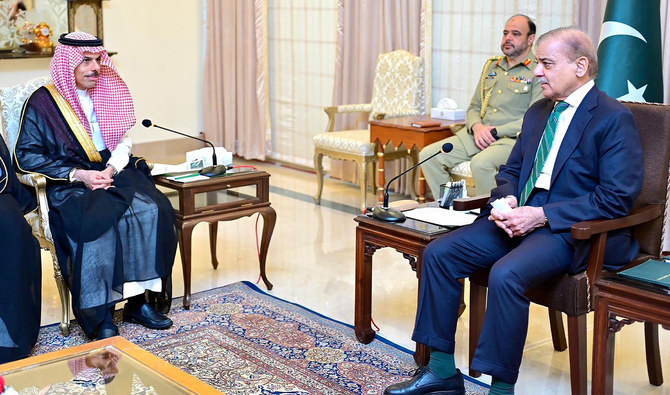ISLAMABAD: Pakistan’s interior minister Rana Sanaullah said on Wednesday “hostile elements” will not be allowed to spoil relations between Pakistan and China while reiterating that the government would ensure safety of Chinese nationals working in the country.
The interior minister made the statement after meeting Wang Daxue, the top official of China’s department of external security affairs, in Islamabad wherein the two sides discussed measures to ensure the safety of Chinese citizens in Pakistan.
The meeting followed the killing of three Chinese nationals among four people in a deadly suicide bombing near the entrance of Confucius Institute, a Chinese language center, at a university in the southern Pakistani port city of Karachi on April 26.
The Balochistan Liberation Army (BLA), an outlawed group that frequently conducts attacks on Pakistani security forces, claimed responsibility for the attack.
“Hostile elements will never be allowed to succeed in their nefarious design to spoil bilateral relations [between Pakistan and China],” Sanaullah was quoted in an official statement circulated by the interior ministry.
He informed the visiting Chinese official a special desk had been set up at the ministry to ensure the security of foreign nationals, especially Chinese citizens, in the country.
The interior minister vowed to bring the perpetrators of the Karachi bombing to justice, adding that bilateral relations between the two allies would not be affected by such “incidents of terrorism.”
“China will continue to provide financial and technical assistance to Pakistan in the ongoing development projects,” the statement quoted Wang Daxue as saying.
“We will thwart every conspiracy of miscreants to spoil the China-Pakistan relations,” he continued.
The Chinese embassy in Pakistan has already said all Confucius Institutes would remain operational in the country and none had been shut down, two weeks after a woman suicide bomber blew herself, killing three Chinese teachers.
Last week, the Karachi University, which houses the Confucius Institute, said all the remaining 12 Chinese teachers at the center had left Pakistan with the remains of colleagues killed in the attack. The university did not confirm if the teachers would return but said the institute had not been shut down.
“All teaching activities at various Confucius Institutes and Confucius Classrooms in Pakistan would be carried out through online or offline ways by the Chinese and Pakistani teachers and the partnering universities of China,” a spokesperson of the Chinese embassy in Islamabad said, according to the state-run Associated Press of Pakistan.
The spokesperson confirmed some Chinese teachers had returned to their country for summer vacations following discussions with concerned departments in Pakistan, adding that they would return to Pakistan “at an appropriate time.”
In the meantime, he said, China “plans to provide more quality teaching resources to meet the needs of the Pakistani students to learn the Chinese language.”
Chinese nationals have frequently been targeted in Pakistan’s southwestern Balochistan province, where Beijing has heavily invested in the Belt and Road Initiative.
The Karachi blast was the first major attack on Chinese nationals in Pakistan since last year when a suicide bomber blew up a passenger bus in July, killing 13 people, including nine Chinese workers employed at the Dasu Hydropower Project in the northwestern Khyber Pakhtunkhwa province.
















